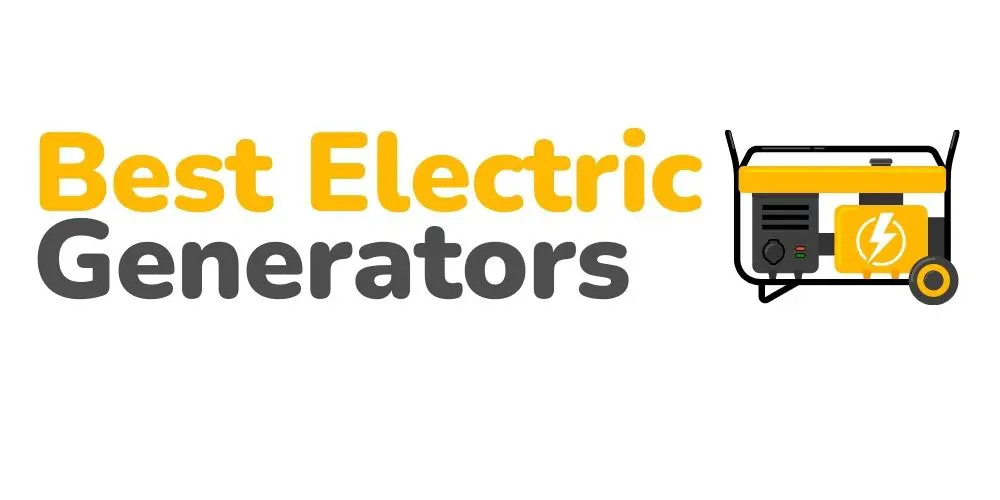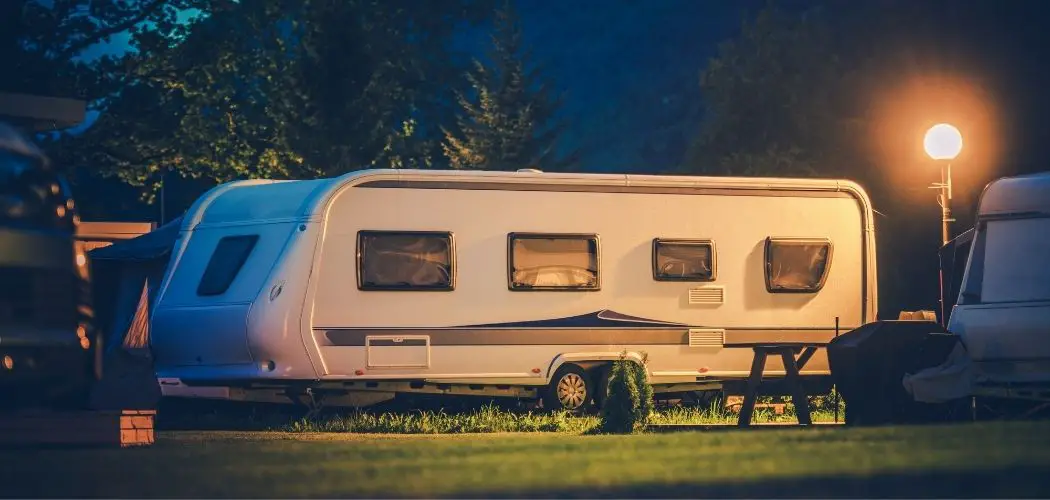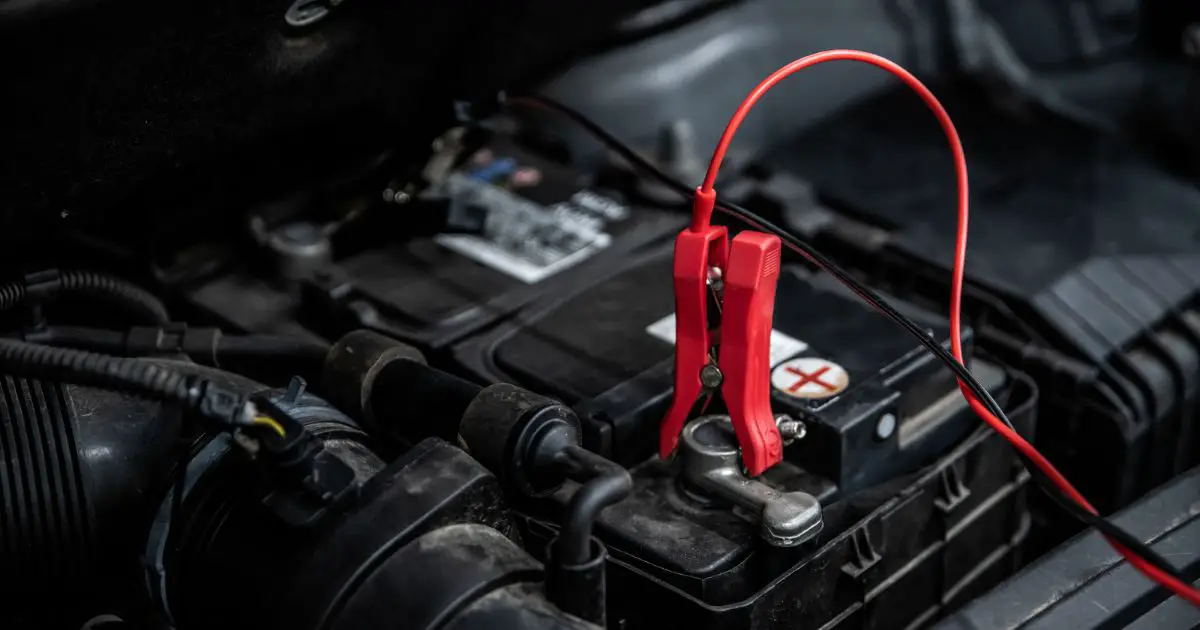A good-sized generator when planning to camp in an RV travel trailer is mandatory. A generator with 12000watt is enough to power appliances like air conditioners, fridges, refrigerators, and much more.
Let’s find out more about an RV generator that can help you run your appliances in an RV!
What Is an RV Generator?
It offers enough electricity through circuit breaker paneling directly over to the appliances and equipment in the RV. The RV generator comes with enough power to run your essential appliances.
How Much Power Do I Need for your Camper?
Next up, are you wondering how much power do you need for a travel trailer?
If you don’t plan to run AC and wonder which generator will fit well, you should opt for a 1600-2000W generator. To run a 15000 BTU AC, you need a dual 3000W generator.
If you want to generalize the use of RV generators on power, you should consider powering RV. It depends on three categories: kitchen appliances, air conditioning, and others.
However, you need to understand that you can run a limited number of appliances at once, whichever generator you choose.
What Generator Fuel Is Best – Gas or Propane?
There are no right or wrong answers to this when you plan on picking up a generator between propane or gas.
A gas generator is a common one as this is the most famous fuel source that is easily accessible. Gas-powered generators are usually portable and, it all depends on their size and features. So, it allows you to carry them easily.
They are highly efficient compared to propane generators. However, gas is a flammable fuel which means you need to store it properly. In addition, gas comes with a shelf life of around 12 months.
Propane generators, on the other hand, come with a long shelf life. Moreover, propane burns cleanly and, you can store them properly within cylinders. Plus, what you’ll love about propane generators is that they are quieter with fewer emissions.
However, propane generators don’t run at full capacity, so you might need a generator with high output.
Lastly, it comes down to your runtime when powering the appliances using a generator.
RV Generators – Selecting the Right Size and Style
You must be wondering which size and style will fit well with your RV? It all depends on your generator’s electrical output and physical dimensions. Ensure that the generator fits well into the RV. Then determine the power needs of RV. Add wattage requirements of different appliances and identify the minimum wattage required.
AC needs the most power for running. For example, running an air conditioner, microwave, lights, water pump, and coffee pot will need around 5900 watts.
When we look at different generator styles in RV, we choose efficient, quiet, and conventional generators. Portable generators are the best for meeting the purpose of traveling in an RV. Whether you want to utilize it in a workshop or a garage and set it for an RV, these generators are best.
Such generators are great for your short camping experience. The models come in reliable settings with quiet characteristics and are fuel-efficient. In addition, portable generators are comparatively less expensive.
What Are the Different Types of RV Generators?
There are three different types of generators based on fuel: diesel, gas, and propane generators.
Next, there are inverters and conventional generators. If you plan to invest in heavy, loud generators prone to power surges, invest in the conventional ones.
However, you can also opt for the ones which are quieter and lighter but expensive. So, if we recommend the best type of RV generator, inverter generators are best for camping.
Will A 2000-Watt Generator Run an RV Air Conditioner?
Yes, a 2000-watt generator might run your RV air conditioner if it’s not more than 7500 BTUs. An average 1-ton RV AC requires a minimum of around 3500W.
What Size Generator Do I Need for A 50-Amp RV?
For running the 50-Amp RV, you need 12000 watts of the generator to run everything over 240 volts.
Before you invest in such generators, make sure to choose the generator that fits well in your RV. So, measure the dimensions properly. Then you can add wattage and identify the power required.
What Size Generator Do I Need for A 30-Amp RV?
It usually requires a generator that supplies around 3000-4000watts, which meets all your RV needs in such situations.
Investing in a 3000 watts generator for a 30-Amp RV indicates that you have enough power for efficiently running the appliances of your RV like microwave, air conditioners, fridge, and more that too without any hassle.
Can You Put a Generator in A Travel Trailer?
Yes, you can add a generator in the travel trailer over the rear end. Moreover, you can place it near A-frame over the starting point of your RV travel trailer. Another safe way to add a generator is to use an A-frame to support your generator’s weight and keep the generator intact.
Whatever generator you choose should stay firm in a travel trailer without adding extra weight. Get a lightweight generator for the travel trailer so that it’s easy for the trailer to hold onto, plus choose the place for adding a generator where the exhaust fumes don’t come within the trailer itself.
Why Do Travel Trailers Not Have Generators?
Most travel trailers lack any built-in generators. This is because manufacturers believe that putting built-in generators in travel trailers will increase the cost. Moreover, built-in generators are hard to work on. And they result in vibration of the trailer with loud noise making it troublesome for you.
Conclusion
So, once you have all the information, you will buy the right size generator for your travel trailer. Moreover, measure the dimensions of the space present in the travel trailer. So, your generator fits well without accommodating extra space.
Invest in the right size generator for the travel trailer and indulge in a comfortable, adventurous experience.


